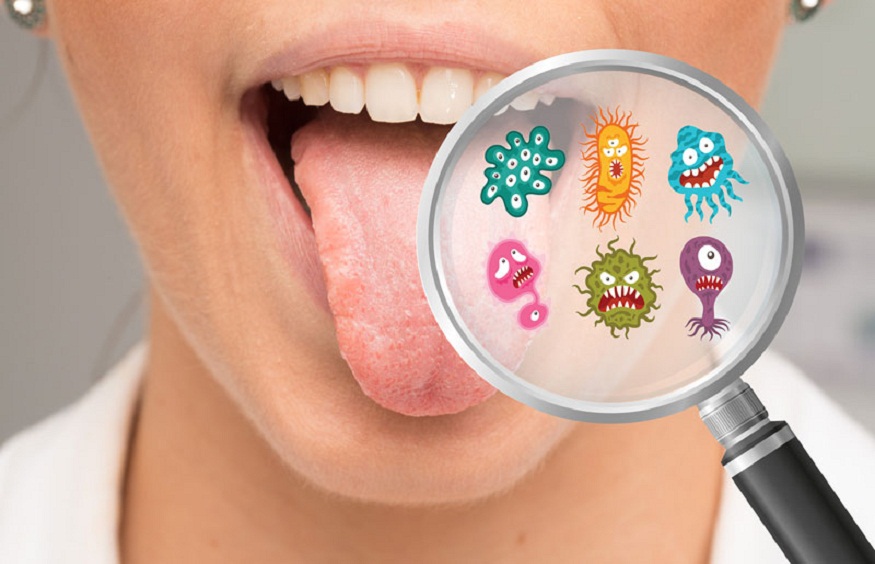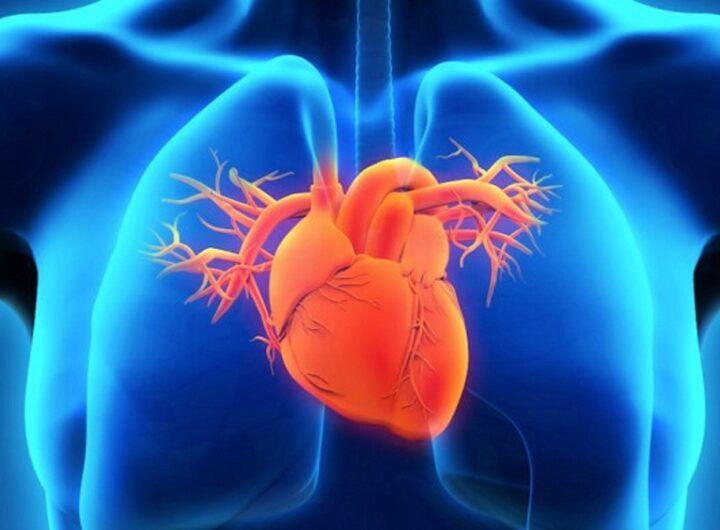
In the last few years, they have introduced a new area of scientific interest interconnected with mouth microbes and overall gut health, which is particularly interesting for Westchase dentist professionals. Microorganisms live in the oral cavity and have rules about tooth and gum health as well as the overall health of the body’s ecosystem.
These microbes circulate within the human digestive tract, where they somehow impact the digestion process and nutrient assimilation as well as the immune system. These microorganisms are critical for both oral and gut health, and findings unveil that disruption of one may affect the other.
Which Bacteria Are Involved and What Function Do They Perform in the Oral Cavity and the Digestive System?
Oral bacteria are not simply members of the oral microbial flora; they translocate into the gastrointestinal tract each time we swallow. Most of these bacteria are unlikely to harm, or may even be helpful but if they enter the gut in large numbers, or if the delicate balance of bacterial equilibrium in the digestive system is altered, then they are capable of causing issues.
For example, the microbes that are present in the mouth can alter the level of gut inflammation, which leads to Irritable bowel syndrome (IBS) or any other type of IBD. Oral and gut bacteria are in a symbiotic relationship, but this just shows that oral health is crucial for overall gut health.
To what extent do the conditions of oral health affect the immune and gut systems?
The mouth is recognized as the gateway to the body and part of the actual immune system of the human body. Probiotics aid in preventing the setting of pathogens in the oral cavity, whereas the reverse is the case for pathological microbes causing inflammation and infections in the mouth. After these pathogenic bacteria have penetrated the circulatory system or gastrointestinal tract, it becomes possible to cause an allergic reaction impacting the health of the stomach or colon.
Can Imbalances in Oral Bacteria Create Digestive Problems?
New evidence indicates that the evolution of the composition of oral flora may be associated with gastrointestinal dysfunction. When the pathogens in the mouth exceed their required levels in the human body, they can cause dysbiosis in the gut.
Abnormal gut microbiota, or what is commonly referred to as dysbiosis, is known to cause symptoms such as bloating and discomfort and more severe conditions such as inflammatory bowel diseases. Since oral bacteria should, therefore, be kept in check through proper hygiene practices, this will also mean that gut health and these conditions will be beneficial.
In what way does good oral hygiene help improve gut health?
Oral hygiene is paramount to ensure the right pH levels on and within the body to balance bacteria in the mouth and the intestines. Ordinary hygiene, including brushing, flossing your teeth, and visiting your dentist regularly helps in reducing bacterial levels in your mouth and cannot spread to your gut.
Also, the consumption of vitamins and minerals within calories needed for the body, an increase of the amount of fiber in diets, and intake of probiotics also help to improve the microbiome system. Therefore, one is able to take care of their oral health and, in the process, maintain the digestive system by promoting the right combination of flora.
Conclusion
The correlation of oral microbiota and gut microbiota is a promising area to further research the body’s systems connectedness. There is research that calls for a relationship between oral bacterium and digestive health because bacteria in the mouth affect the bacteria in the digestive tracts, therefore affecting digestion, the immune system, and digestive ill-health. In this regard, it can be said that good oral health helps people control some factors that have an impact on the gut and overall health.

 Tennessee Men’s Clinic Discusses the Correlation of Healthy Relationships to Men’s Health
Tennessee Men’s Clinic Discusses the Correlation of Healthy Relationships to Men’s Health  Frequently Asked Questions About Speech Therapy Answered
Frequently Asked Questions About Speech Therapy Answered  The importance of choosing a good gynaecologist doctor for your health
The importance of choosing a good gynaecologist doctor for your health  Ophthalmologists’ Strategies For Managing Chronic Eye Diseases
Ophthalmologists’ Strategies For Managing Chronic Eye Diseases  The Role Of Cardiologists In Managing Chronic Heart Failure
The Role Of Cardiologists In Managing Chronic Heart Failure  Breaking Down Barriers: An Infertility Specialist’s Approach To Inclusive Treatment
Breaking Down Barriers: An Infertility Specialist’s Approach To Inclusive Treatment  Complete Trekking Guide to Langtang and Annapurna
Complete Trekking Guide to Langtang and Annapurna  Trek Nepal’s Four Great Regions: Annapurna, Langtang, Manaslu, and Nar Phu:
Trek Nepal’s Four Great Regions: Annapurna, Langtang, Manaslu, and Nar Phu:  The Ecosystem of Ease: How Bill Payments Evolved into a Digital Habit
The Ecosystem of Ease: How Bill Payments Evolved into a Digital Habit  How Insurance Apps Are Embedding Themselves Into India’s Daily Payment Flows
How Insurance Apps Are Embedding Themselves Into India’s Daily Payment Flows